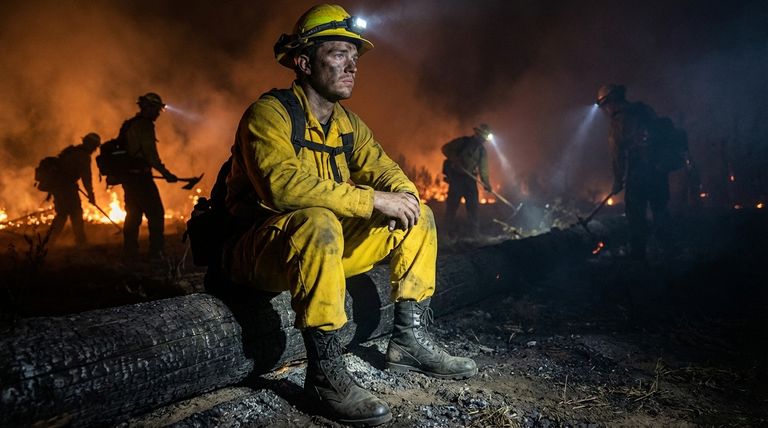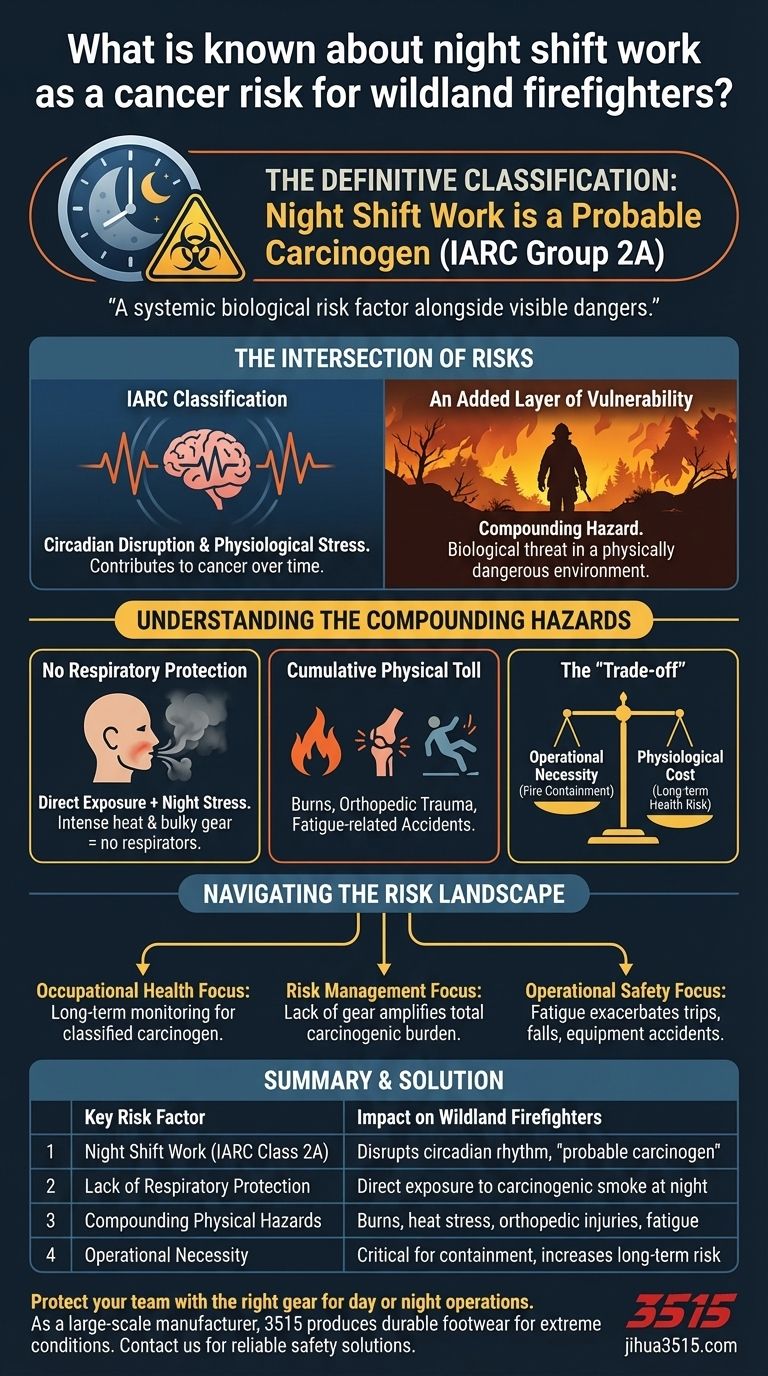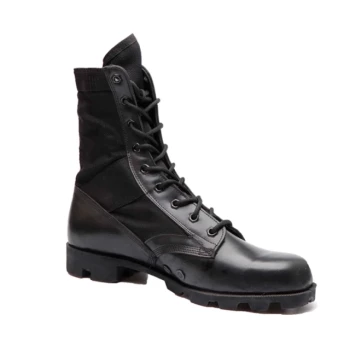The classification is definitive: night shift work is a probable carcinogen. According to the International Agency for Research on Cancer (IARC), night shift work is classified as "probably carcinogenic to humans." For wildland firefighters, who frequently operate during non-standard hours, this classification identifies a systemic biological risk factor that exists alongside the more visible external dangers of the job.
While physical injury and smoke inhalation are immediate concerns, the classification of night shift work as a probable carcinogen highlights a critical, invisible threat. This suggests that the disruption of the body's natural rhythms is, in itself, a significant long-term health risk for wildland firefighters.

The Intersection of Biological and Environmental Risk
The IARC Classification
The International Agency for Research on Cancer (IARC) has formally identified night shift work as a significant health concern.
They classify this type of labor as "probably carcinogenic to humans."
This label suggests that the physiological stress and circadian disruption caused by working at night may contribute to cancer development over time.
An Added Layer of Vulnerability
This risk is not an isolated variable.
For wildland firefighters, night shift work represents an additional risk factor.
It compounds the existing dangers inherent to the profession, adding a biological hazard to an environment already filled with physical threats.
Understanding the Compounding Hazards
The Reality of Exposure without Protection
Wildland firefighters face a unique challenge regarding respiratory protection.
Due to the intense heat and the bulky nature of standard equipment, firefighters in this field typically do not wear respirators.
This means they have direct exposure to carcinogenic smoke inhalation while simultaneously enduring the physiological stress of night shift work.
The Cumulative Physical Toll
The cancer risk from night shifts exists within a broader spectrum of occupational hazards.
Firefighters must navigate burns, heat-related injuries, and significant orthopedic trauma such as sprains and strains.
Equipment-related injuries and slips, trips, and falls are also prevalent.
The "Trade-off" of Operational Necessity
The primary challenge is that night operations are often operationally necessary to contain wildfires.
However, this necessity comes at a physiological cost.
The trade-off is clear: to fight fires effectively, firefighters accept a schedule that the IARC has flagged as a probable cause of cancer, often without the respiratory barriers used in structural firefighting.
Navigating the Risk Landscape
If your primary focus is Occupational Health:
- Acknowledge that night shift work is not merely a scheduling issue but a classified carcinogen that requires long-term health monitoring.
If your primary focus is Risk Management:
- Recognize that the lack of respiratory gear amplifies the total carcinogenic burden, making the biological stress of shift work even more critical to understand.
If your primary focus is Operational Safety:
- Factor in that fatigue from night shifts may exacerbate other common risks, such as trips, falls, and equipment accidents.
Understanding that night shift work is a probable carcinogen is the first step toward comprehensive health protection for wildland firefighters.
Summary Table:
| Key Risk Factor | Impact on Wildland Firefighters |
|---|---|
| Night Shift Work (IARC Class 2A) | Disrupts circadian rhythm, classified as a 'probable carcinogen' |
| Lack of Respiratory Protection | Direct exposure to carcinogenic smoke during night operations |
| Compounding Physical Hazards | Burns, heat stress, orthopedic injuries, and fatigue-related accidents |
| Operational Necessity | Night shifts are critical for fire containment, increasing long-term health risks |
Protect your team with the right gear for day or night operations. As a large-scale manufacturer, 3515 produces a comprehensive range of durable footwear and boots designed for extreme conditions, supporting distributors, brand owners, and bulk clients in keeping first responders safe. Let us help you equip your wildland firefighters with reliable footwear that meets the demands of round-the-clock shifts. Contact us today to discuss your needs and explore our production capabilities for all types of safety footwear.
Visual Guide

Related Products
- Durable Military Combat Boots with Water Drainage for Wholesale & OEM
- Durable Mid-Cut Tactical Boots for Wholesale & Private Label
- Wholesale Durable Mid-Cut Tactical Boots for Custom & Private Label Brands
- Wholesale High-Traction Camo Boots - Custom Manufacturer for Brands
- Wholesale Classic Leather Lace-Up Ankle Boots for Brand Manufacturing
People Also Ask
- Can Cordura fabric be dyed? A Guide to Specialized Dyeing for Performance Gear
- How does specialized footwear assist in the rehabilitation of patients with metabolic syndrome? Protective Benefits
- What are the functional advantages of a specialized plaster shoe? Enhancing Post-Op Safety and Cast Longevity
- What technical advantages do sheet-like plantar pressure sensing paths provide? Precision Data for Footwear Stability
- What are the purposes of sizing and backing treatments in shoe fabrics? Essential Steps for Durable Footwear
- What are some recent trends in women's shoe design? The Ultimate Guide to Modern Styles
- How does image difference software support the quantitative assessment of protective gear? Precision Data for Footwear
- What is the role of 3D printing in prototype molds for footwear? Achieve Micrometer-Level Precision in Sole Patterns

















